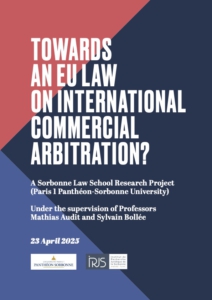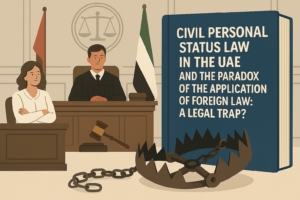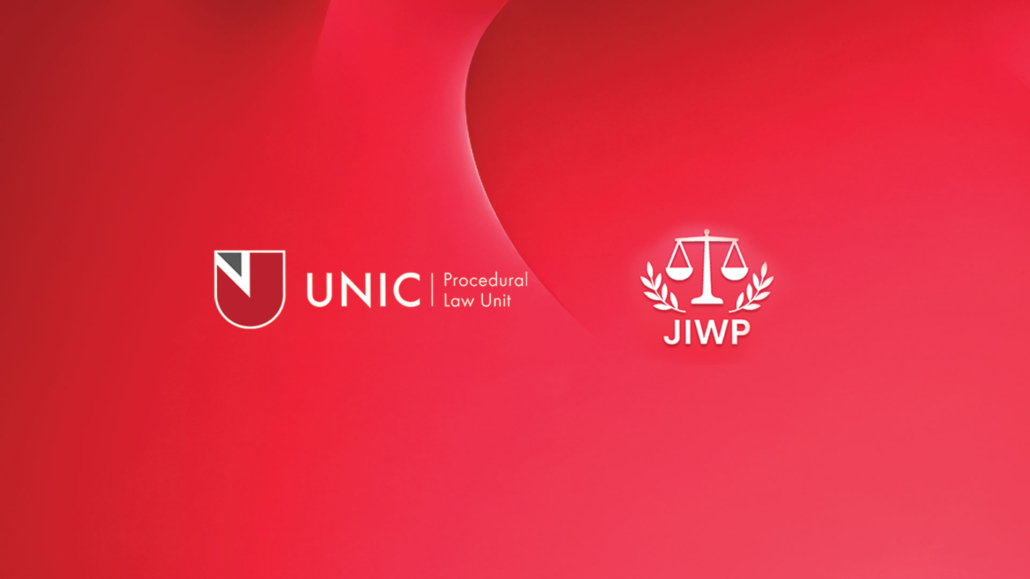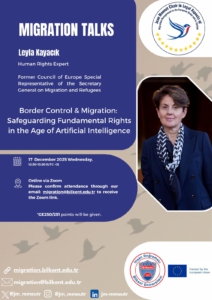Views
According to the French Cour de Cassation, the law applicable to the sub-purchaser’s direct action against the original seller depends on who brings the claim!
Written by Héloise Meur, Université Paris 8
In two rulings dated 28 May 2025, the French Cour de cassation (Supreme Court) ruled on the issue of the law applicable to a sub-purchaser’s direct action in a chain of contracts transferring ownership, under European private international law. The issue is sensitive. The contractual classification under French law —an outlier in comparative law— had not been upheld by the Court of Justice of the European Union (CJEU) to determine international jurisdiction under the Brussels system (CJEU, 17 June 1992, C-26/91, Jakob Handte). Despite CJEU’s position, the Cour de cassation had consistently refused to adopt a tort-based qualification to determine the applicable law (esp. Civ. 1st, 18 dec. 1990, n° 89-12.177 ; 10 oct. 1995, n° 93-17.359 ; 6 feb. 1996, n° 94-11.143 ; Civ. 3rd, 16 janv. 2019, n° 11-13.509. See also, Civ. 1st, 16 jan. 2019, n° 17-21.477), until these two rulings rendered under the Rome II Regulation.
“Towards an EU Law on International Commercial Arbitration?” A Sorbonne Law School Research Project

Written by Dr. Nima Nasrollahi-Shahri (Sorbonne Law School) and Vincent Bassani-Winckler (PhD Candidate, Sorbonne Law School), both authors participated in the Working Group.
A few days ago, the Sorbonne Law School released the final report of a collective research project chaired by Professors Mathias Audit and Sylvain Bollée, entitled “Towards an EU Law on International Commercial Arbitration?”.
Conducted within the IRJS (Institut de Recherche Juridique de la Sorbonne), and more specifically its research group on private international law, SERPI (Sorbonne – Étude des Relations Privées Internationales), this project sets out to examine whether and how to improve the relationship between commercial arbitration and EU law.
Civil Personal Status Law in the UAE and the Paradox of the Application of Foreign Law: A Legal Trap?

I. Introduction (*)
(*) For the sake of simplicity, reference will be made only to Federal Decree-Law No. 41/2022 of 2 October 2022 on Civil Personal Status. The Emirate of Abu Dhabi has enacted a separate law that addresses similar matters at the local level. For a comparison of the various applicable legal frameworks in family law in the UAE, see Béligh Elbalti, “The Personal Status Regimes in the UAE — What’s New and What Are the Implications for Private International Law? A Brief Critical Appraisal”.
There is no doubt that the introduction of the Civil Personal Status Law (CPSL) in the United Arab Emirates marks a significant turning point in the region’s legal landscape, particularly in areas traditionally governed by religious norms. The CPSL refers to the special law adopted at the federal level, which allows family law disputes involving non-Muslims (both foreigners and UAE citizens) to be resolved under a legal framework, that is intended to be modern, flexible, based on “rules of justice and fairness” and “the best international practices from comparative legal systems” (cf. article 19 of the Cabinet Resolution Concerning the Executive Regulation of Federal Decree-Law on the Civil Personal Status). However, the incorporation of the CPSL into the existing legal frameworks in the UAE has raised several issues. These include, among others, the articulation of the CPSL with the other applicable legal frameworks, and more importantly, the extent to which parties may opt out of this “modern” regime in favor of applying their own national laws (for a general overview, see Elbalti, op. cit.). Read more
News
Border Control & Migration: Safeguarding Fundamental Rights in the Age of Artificial Intelligence
You are invited to the next Migration Talk organized by the Jean Monnet Chair in Legal Aspects of Migration Management in the European Union and in Türkiye by Leyla Kayac?k (Human Rights Expert/ Council of Europe Former Special Representative of the Secretary General on Migration and Refugees) on “Border Control & Migration: Safeguarding Fundamental Rights in the Age of Artificial Intelligence”.
Venue: Online via Zoom
Date: 17 December 2025, Wednesday
Time: 12:30 – 13:20 (UTC +3)
The Zoom link shall be provided upon request: migration@bilkent.edu.tr
Esplugues on New Dimensions in the Application of Foreign Law by Courts (and Arbitrators) and Non-Judicial Authorities

 The issue of “foreign law” and its application, long considered essential to the functioning of private international law (PIL), continues to trigger interesting discussions and debates. Read more
The issue of “foreign law” and its application, long considered essential to the functioning of private international law (PIL), continues to trigger interesting discussions and debates. Read more
The Procedural Law Unit at the University of Nicosia’s 5th Annual Symposium and JIWP 2025 Conference: “Judicial Independence and Liberal Democracy Under Threat: The Challenge of Implementing the ELI Mt Scopus Standards on Judicial Independence”
A symposium on “Judicial Independence and Liberal Democracy Under Threat: The Challenge of Implementing the ELI Mt Scopus Standards on Judicial Independence” will take place from 10 to 12 December 2025 at the University of Nicosia. The event is organised by the Procedural Law Unit in cooperation with the International Association of Judicial Independence and World Peace (JIWP) and will be held at the UNESCO Amphitheatre.





